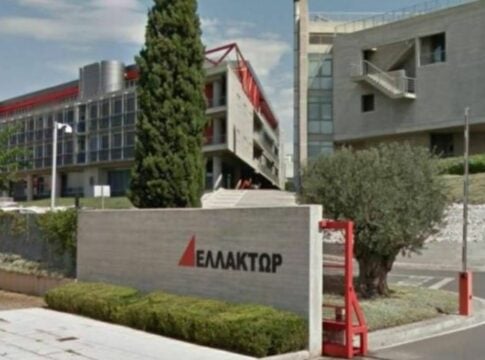More than 350,000 Greeks of the brain drain generation – those who left during the crisis years in search of better employment opportunities – have returned. What made them come back? A new research by the National Documentation Center tries to answer this question.
The wave of people leaving the country until 2016 was calculated by the Bank of Greece at 680,000. Of those who returned, 6 in 10 (63%) said they did so from 2019 onwards. They have an average salary of over 2,300 euros, most feel optimistic about the future, while giving a “vote of confidence” in Greece as a place to live.
Family and friends the reason to return
However, the primary reason for their return was not professional/financial prospects, but personal and family reasons. The vast majority attached importance to the need to be close to their family and friends. However, the positive course of the country acted as an extra motivation for repatriation for a significant percentage.
38% noted that the improvement of the Greek economy and market influenced them enough in their decision to return. 23% stated that finding a job in Greece with corresponding salaries and prospects abroad played a very or fairly important role. 20% answered that the improved political situation in Greece had a very or fairly large effect on their thinking.
An extra incentive is the improvement of the economy
Asked to choose the single most important reason for their decision to repatriate, one in five (20%) said it was the improvement of the Greek economy and market. Another 10% attributed their decision primarily to the improved political situation in Greece. This means that almost one in three (30%) decided to return to their homeland mainly due to the positive economic and political developments.
Where do they work?
A significant share of returned Greeks is employed in dynamic industries with high added value or fills gaps created in important services during the economic crisis.
Indicatively, 10% work in new technologies and IT, another 10% are employed in education, 7% in health and 5% in energy and renewable sources.














